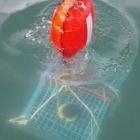Exchange Profiles
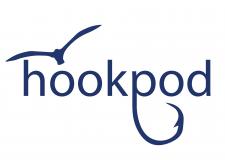
HookPod
Manufacturer
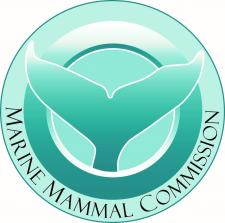
Marine Mammal Commission
The Marine Mammal Commission provides independent, science-based oversight of domestic and international policies and actions of federal agencies addressing human impacts on marine mammals and their ecosystems. Our mission is largely driven by the Marine Mammal Protection Act (MMPA). The MMPA was enacted in October 1972 in partial response to growing concerns among scientists and the general public that certain species and populations of marine mammals were in danger of extinction or depletion as a result of human activities. The MMPA set forth a national policy to prevent marine mammal species and population stocks from diminishing beyond the point at which they cease to be significant functioning elements of the ecosystems of which they are a part. For more about our priorities and activities, please visit our website: www.mmc.gov
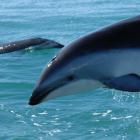
Government
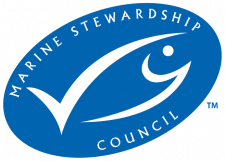
Marine Stewardship Council
For 20 years, the MSC has provided the most widely recognised science-based certification and labelling program for sustainable fishing. The MSC Fisheries Standard is based on the FAO’s Code of Conduct for Responsible Fisheries. Through a rigorous assessment process, MSC certification provides assurance that fish stocks are being harvested at a sustainable level, that impacts on marine ecosystems are minimised, and that fisheries are well managed.
1 Snow Hill, Farringdon, London EC1A 2DH, United Kingdom
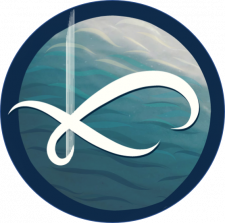
Name: Keiruna Inc.
Keiruna Inc. offers consulting services related to social-ecological assessment of marine megafauna bycatch in small-scale fisheries. This includes: designing, implementing, and training/guiding research teams on the use and analysis of interview-based Rapid Bycatch Assessments; investigating the social dimensions of bycatch, including drivers of fishing practices and interactions between conservation and communities, to guide more effective and ethical conservation action; evaluating the social and ecological impacts of conservation projects. This work is informed by experience evaluating bycatch issues primarily in Southeast Asia, as well as Madagascar and Mexico.
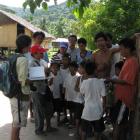
Academic
Independent Consultant
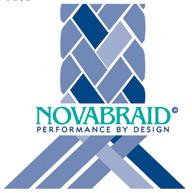
Novatec Braids Ltd
Novatec Braids Ltd is a privately held manufacturer of Novabraid Braided Ropes with a specific focus on commercial fishing solutions. Located in Yarmouth, Nova Scotia Canada, Novatec Braids has worked tirelessly to develop ropes to enhance sustainable productivity within the fishing industry and created innovative products to protect marine mammals through cooperative efforts with marine scientists, regulatory agencies, and fishing industry groups. Beginning in 2014, Novatec Braids worked jointly with the Massachusetts South Shore Lobstermen’s Association to produce the SSL 2.0 low strength breakaway link, allowing fishermen to augment their existing vertical lines with an engineered rope “fuses” that would part when subjected to a load equivalent to that of a whale entanglement. After lengthy scientific studies, Novabraid is ready to provide the links in an assortment of sizes and ID color flecks with the goal of protecting migratory whale species from entanglement, identifying gear from specific fisheries, while allowing lobster and crab fishermen to continue making their livelihood from our oceans. We continue to work with advocacy groups along with industry partners interested in protecting whale species through other methodologies and can provide ultra-high modulus, small diameter cord for electronic “ropeless” fishing options as well as oceanographic research deployment and recovery lines.
Independent Consultant
Manufacturer

SafetyNet Technologies
SafetyNet Technologies develops light emitting devices to help fishermen catch the right fish, lowering bycatch by up to 90% and improving fishing revenues by 25%. This saves more fish, helps fishermen, and protects an increasingly essential food source now and for the future. We have projects around the world with national governments, scientists, retailers and the fishing industry.
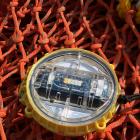
Engineer
Independent Consultant
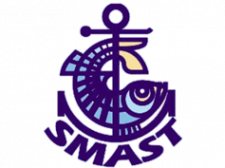
School for Marine Science and Technology, University of Massachusetts Dartmouth
School for Marine Science and Technology is a graduate school at the University of Massachusetts engaging in research and education in all areas of marine science and technology. The Fish Behavior and Conservation Engineering (FBACE) Laboratory under the leadership of Professor Pingguo He focuses on the understanding of fish behavior, in the laboratory and in the field, and the application of the knowledge in designing fishing gears and operational strategies to reduce bycatch and discards, seabed disturbance, and other environmental impacts of fishing operations.
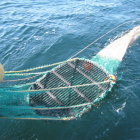
Academic
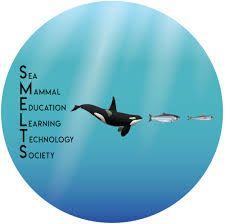
Sea Mammal Education Learning Technology Society (SMELTS)
SMELTS is dedicated to developing technologies that reduce harmful interactions between humans and marine mammals. We have created a patent pending Ropeless fishing system that uses compressed air with variable buoyancy lift bags to bring gear to the surface which completely eliminates the vertical line and bouy. The system is complemented by an acoustic modem used to track gear location and trigger the lift bag inflation. This is a negatively buoyant fishing retrieval system that has the ability to lift heavy loads from the seafloor to the surface with ease. The system is easily scalable to meet the diverse requirements of many different fisheries. In addition, when at the surface it transmits active location information via satellite to the fishing vessel. This technology has the potential of eliminating entanglement risks to marine mammals, reducing gear conflicts, and minimizing ghost fishing and marine debris.
